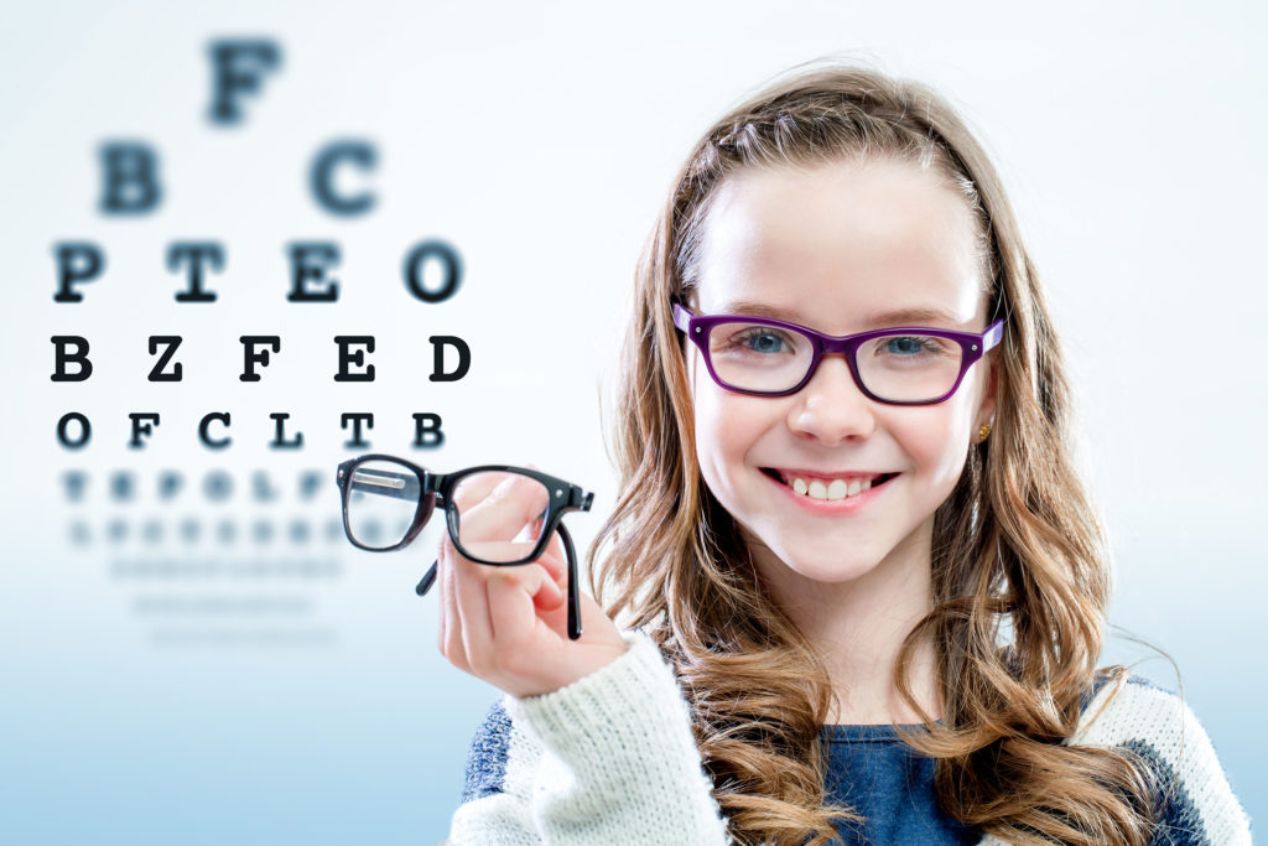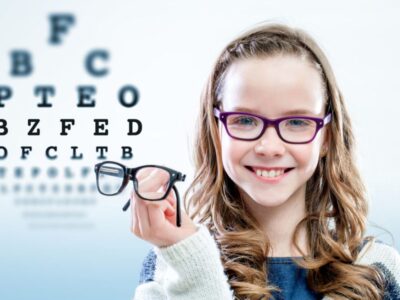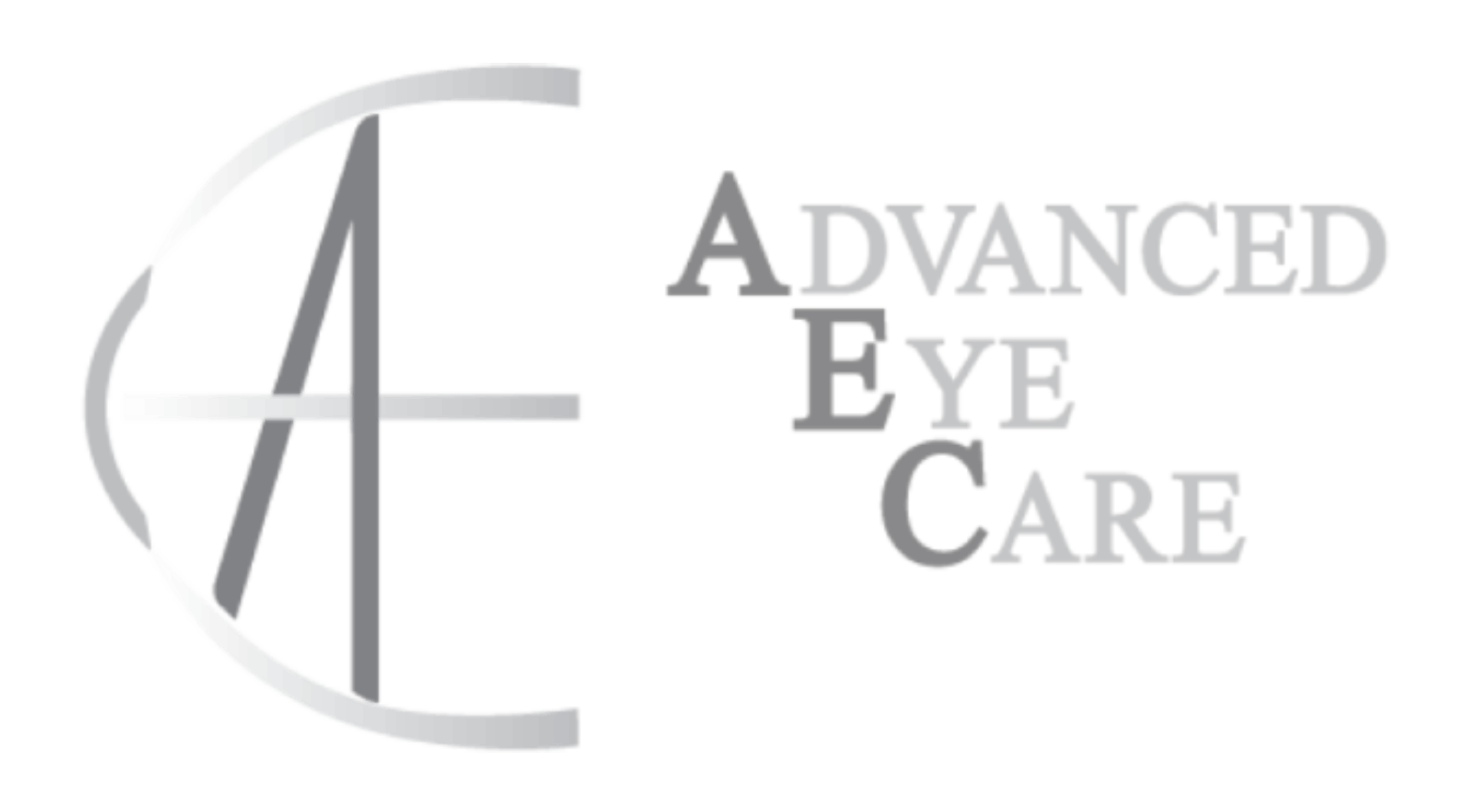
PROJECT DETAILS
- Date April 29, 2024

Understanding Pediatric Ophthalmology: A Patient Education Guide
Introduction: Welcome to Advanced Eye Care, where we specialize in pediatric ophthalmology, dedicated to providing compassionate and expert care for children’s vision health. This guide aims to provide parents and caregivers with valuable information about pediatric eye care, common conditions treated, the importance of early intervention, and the specialized care provided by our pediatric ophthalmologists.
What is Pediatric Ophthalmology? Pediatric ophthalmology focuses on the diagnosis, treatment, and management of eye conditions in infants, children, and adolescents. Our pediatric ophthalmologists have specialized training in addressing unique vision-related issues in young patients, ensuring optimal visual development and eye health.
Roles of Pediatric Ophthalmologists: Our pediatric ophthalmologists play vital roles in:
Common Pediatric Eye Conditions:
Importance of Early Intervention: Early detection and treatment of pediatric eye conditions are crucial for ensuring healthy visual development and preventing long-term vision problems. Regular eye exams starting in infancy and throughout childhood are essential for monitoring eye health and detecting any abnormalities early.
Conclusion: At Advanced Eye Care, our dedicated team of pediatric ophthalmologists is committed to providing compassionate, comprehensive, and specialized care for children’s vision health. If you have concerns about your child’s vision or eye health, schedule a consultation with one of our specialists to receive personalized care and guidance. Your child’s vision is our priority, and we’re here to support their healthy visual development every step of the way.
